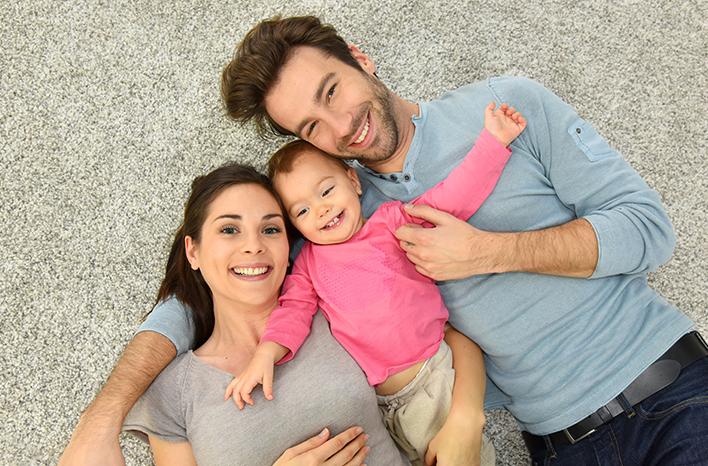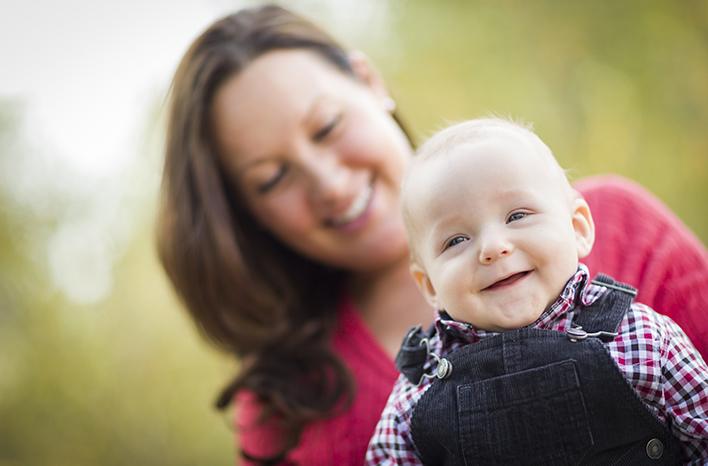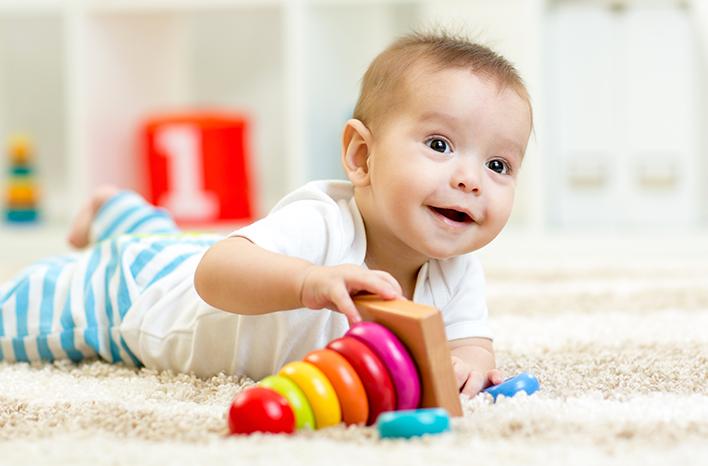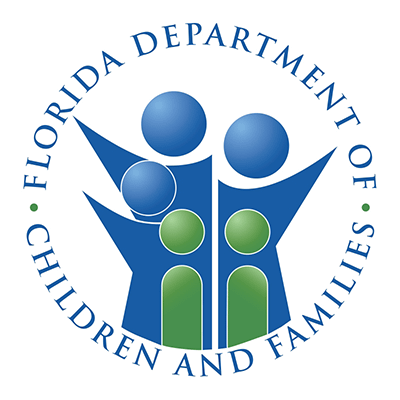
The concept of positive adoption language was first introduced by Minneapolis social worker Marietta Spencer in 1979. Positive adoption language is crafted to convey respect, dignity, responsibility, and objectivity about the decisions made by expectant parents and adoptive parents during the adoption process.
Why is Positive Adoption Language Important?
By using positive adoption language, we help abolish the myth society has perpetuated that adoption is a second best or lesser alternative.
If you stop and think about what you’re saying, positive adoption language is just common sense. For example, consider the terms, “real parent” and “real family.” These terms imply that an adopted child is not a real part of their adoptive family.
When talking about adoption, “give up” or “give away” can slip out of our mouths almost unnoticed. But do these phrases accurately describe what takes place when a mother puts her baby up for adoption? Of course not — no one who has carried a baby for nine months can cavalierly “give away” that child. Much heart-wrenching thought and soul-searching goes into a mother’s decision to choose adoption for her baby. Yes, birthparents might legally give up their parental rights, but they certainly do not give up on their child or give up loving them. Saying they “gave up” their child for adoption is like saying the birthparents made the wrong choice. In fact, in choosing adoption, the birthparents made a strong and selfless choice by putting the needs of their child ahead of themselves.
There Are Better Ways To Say What You Mean When Talking About Adoption
Instead of contributing to the use of these outdated and hurtful terms, those of us touched by adoption can change the world for the better by using positive adoption language. We may have to go through a period of retraining our minds and hearts while we carefully choose the words we use to describe adoption. We also may need to gently correct and educate our family, friends, and coworkers.
| Instead of... | Say... |
|---|---|
| Real Parent or Natural Parent | Birth Parent, First Parent, or Biological Parent |
| My Adopted Child | My Child |
| Adoptive Parent | Parent |
| Give Up for Adoption | Place for Adoption, Create an Adoption Plan, Choose Adoption, Choose an Adoptive Family |
| Relinquish, Surrender, Abandon | Transfer of or Terminate Parental Rights |
| Child Is Adopted | Child Was Adopted |
| Unwanted Child | Child Placed for Adoption, Unplanned Child, Unexpected Child |
| Illegitimate Child | Child Born to Unmarried Parents |
| Biracial Child | Mixed-Race Child |
| Handicapped Child | Child with Special Needs |
| To Keep a Child | To Parent a Child |
| Track Down Birthparents | Search for Birthparents |
| Reunion with Birthparents | Making Contact with Birthparents |
What we say and the words we use communicate a lot about our values. When we use positive adoption language, we educate others about adoption and we also say that, like birth, adoption is just another way to build a family. Both ways are important, but one is not necessarily better than the other. By using positive adoption language, you'll reflect the true, positive nature of adoption!








